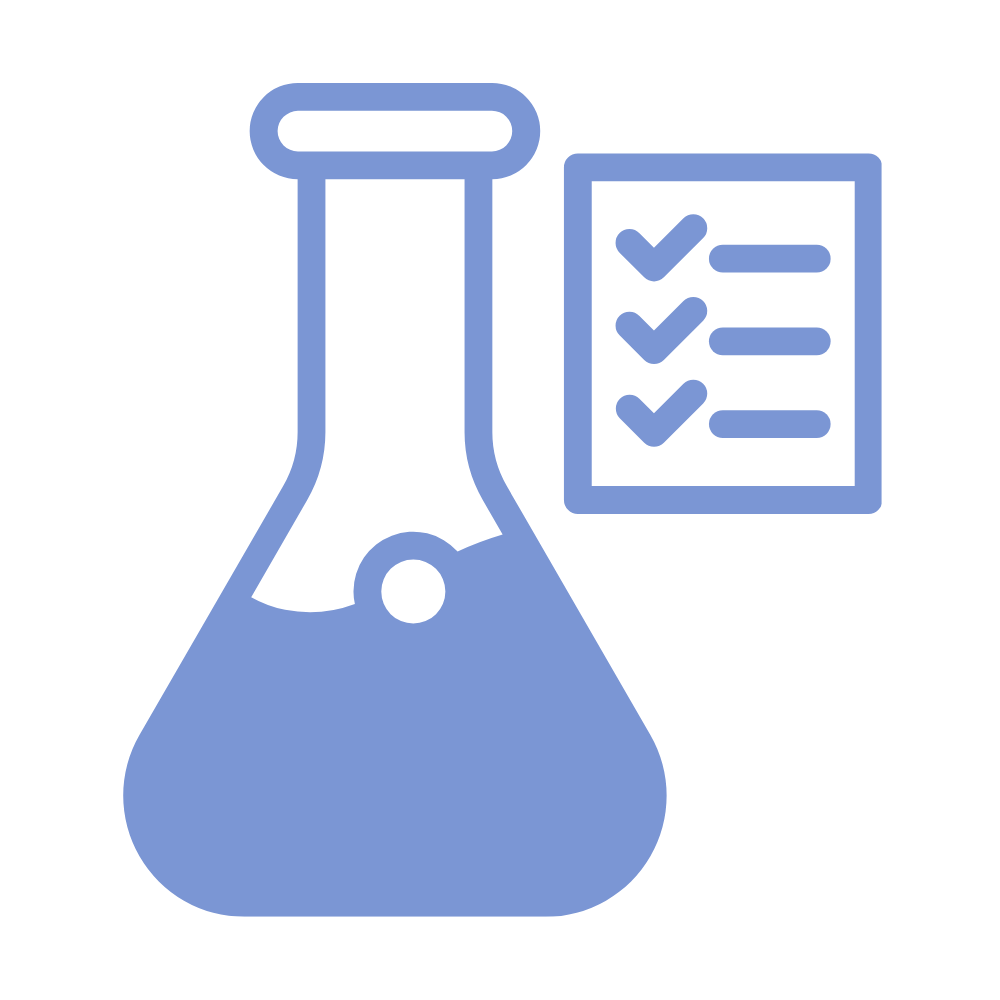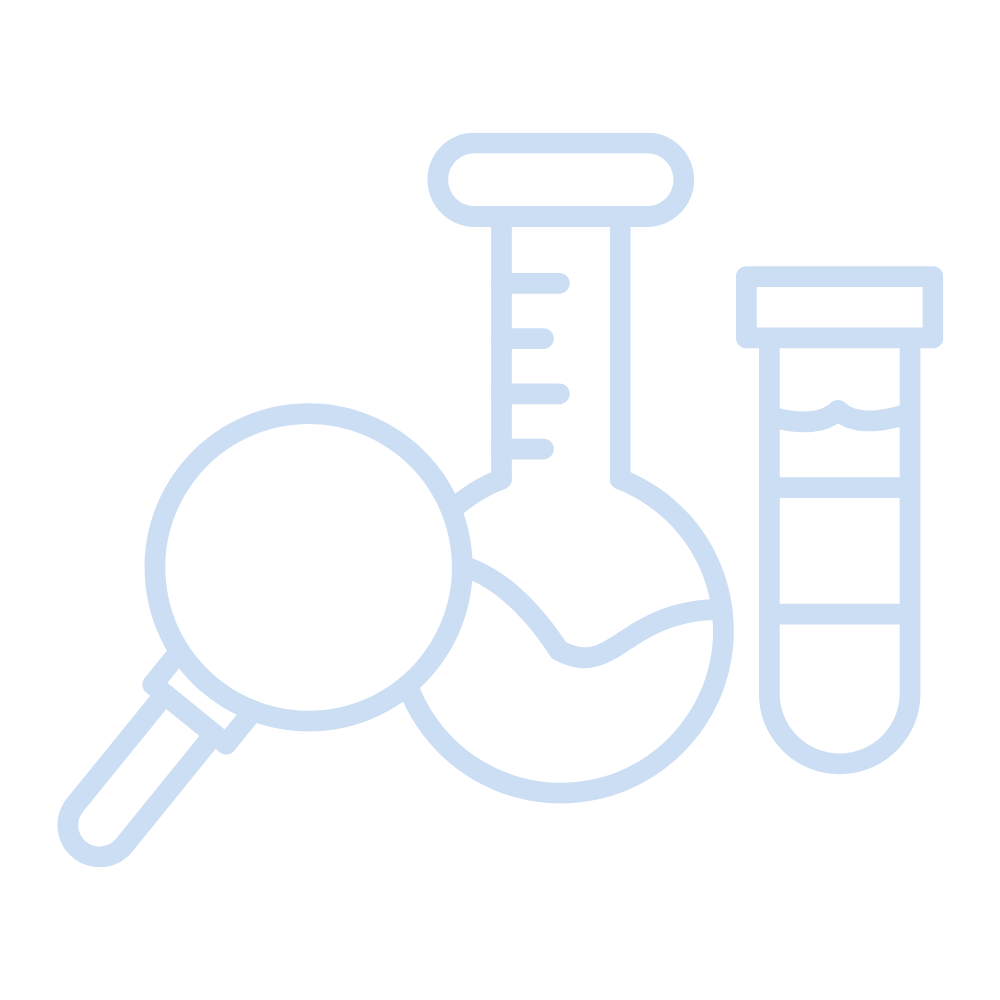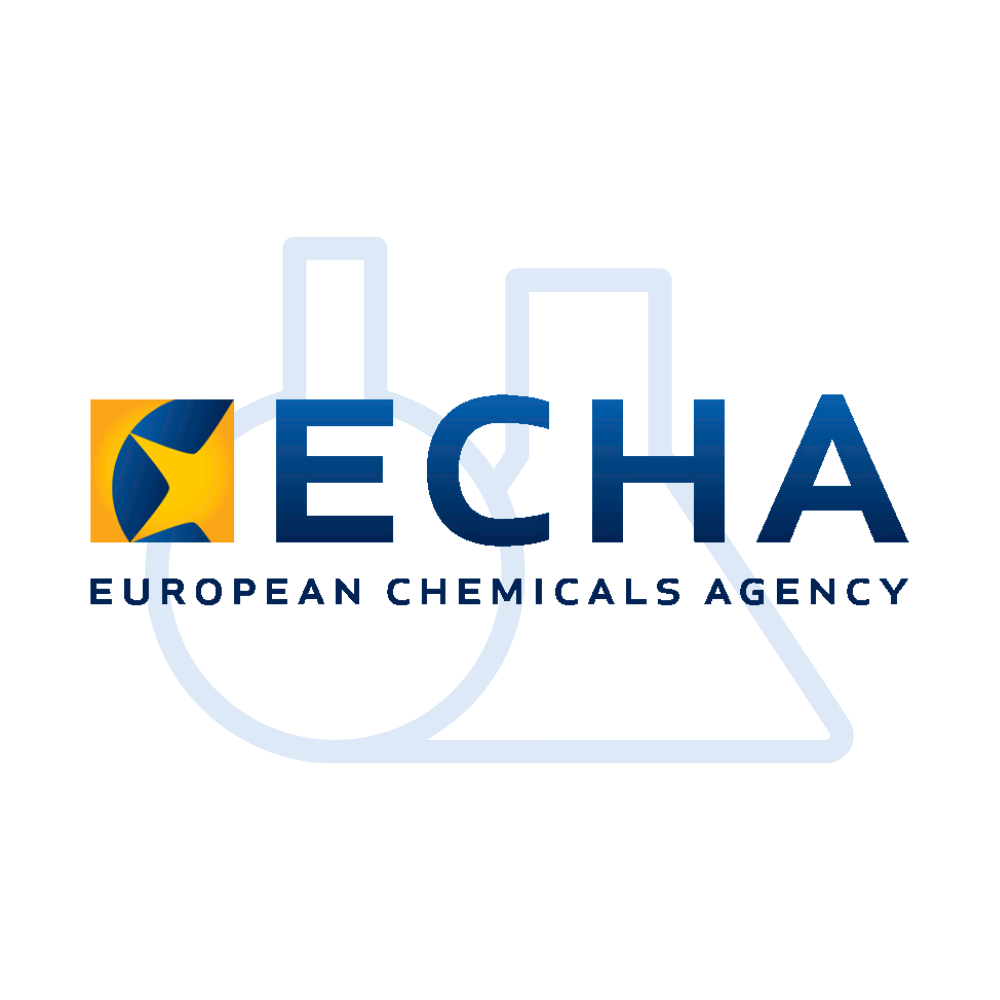Conducting a literature search for non-medical veterinary health products plays a crucial role in ensuring regulatory compliance.
By performing literature research for your products, Chemleg helps you benefit from the following advantages:
- Understanding Component Interactions
A literature search enables the identification of known reactions, incompatibilities, or synergistic effects among chemical components used in the product formulation.
- Safety and Toxicity Assessment
Many non-medical veterinary health products come into direct contact with animals’ skin or are ingested. A thorough literature search provides insights into potential toxicities, allergenic reactions, and long-term side effects in such scenarios—helping to minimize health risks for animals.
- Stability and Shelf-Life Optimization
Literature studies offer data on how different ingredients behave under various storage conditions and interact with one another. This supports the development of strategies to achieve optimal product stability and shelf-life.
- Regulatory Compliance
Even though these products are not classified as medicinal, they are still subject to certain legal regulations. Literature research is essential for identifying restrictions, bans, or recommended maximum concentrations for specific ingredients.
- Accelerating Formulation Development
A comprehensive literature search helps reduce reliance on trial-and-error methods, speeding up the formulation process. Anticipating potential incompatibilities and interactions in advance also prevents unnecessary testing and cost-related mistakes.
- Identifying Alternative Ingredients
If an ingredient presents compatibility or safety concerns, literature data can help identify alternative substances with similar properties that are more suitable or safer.
Effective Literature Search with Chemleg
Chemleg conducts in-depth literature searches for your non-medical veterinary health products, helping you access niche information. Outsourcing this time-intensive process to Chemleg allows companies to save time and reduce costs.
Thanks to Chemleg’s objective and professional approach, you can make more informed, data-driven decisions.
To learn more about literature searchs or to consult our experts, please fill out the form.
Frequently Asked Questions
How often should a literature search be conducted?
A comprehensive initial search is essential when developing a new product. For existing products, literature search should be updated periodically (e.g., every 1–3 years) or whenever new ingredients or regulatory changes arise.
Which sources should be used for a literature search?
Reliable and scientific sources should be used when conducting literature searches for non-medical veterinary health products. Examples include:
- Scientific Databases: PubMed, Web of Science, Scopus, Google Scholar for peer-reviewed articles
- Official Agency Reports: Guidance from FDA, EMA, EFSA, and other regulatory bodies
- Publications by Professional Associations: Journals and abstracts from veterinary and toxicology associations
- Patent Databases: Useful for identifying new formulations or ingredients
- Authoritative Books and References: Core textbooks in pharmacology, toxicology, or animal nutrition
What type of data should be included in a literature search?
Scientific publications covering the active ingredient, intended use, safety profile, efficacy studies, and regulatory compliance should be examined.
Can I conduct the literature search myself or should I work with a consultancy firm?
Both are possible, each with pros and cons:
- Doing It Yourself: If your company has in-house expertise and sufficient time, this can be cost-effective. However, a comprehensive and in-depth analysis requires a certain methodology and experience.
- Working with a Consultancy Firm: Working with a consulting firm is especially beneficial when it comes to complex products, new components, or limited in-house resources. Consultants offer expertise, advanced methodologies, and an objective perspective—resulting in faster, more thorough, and higher-quality outcomes.
How long does the literature search process take?
Depending on the product’s complexity, a literature search typically takes between 1 and 3 weeks to complete.







